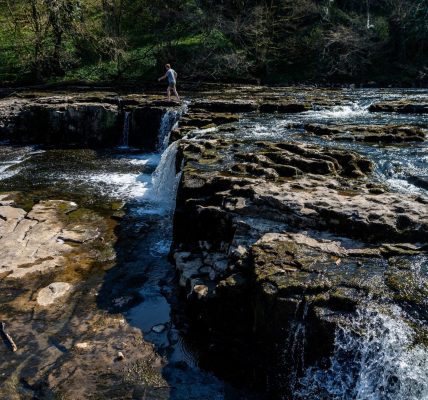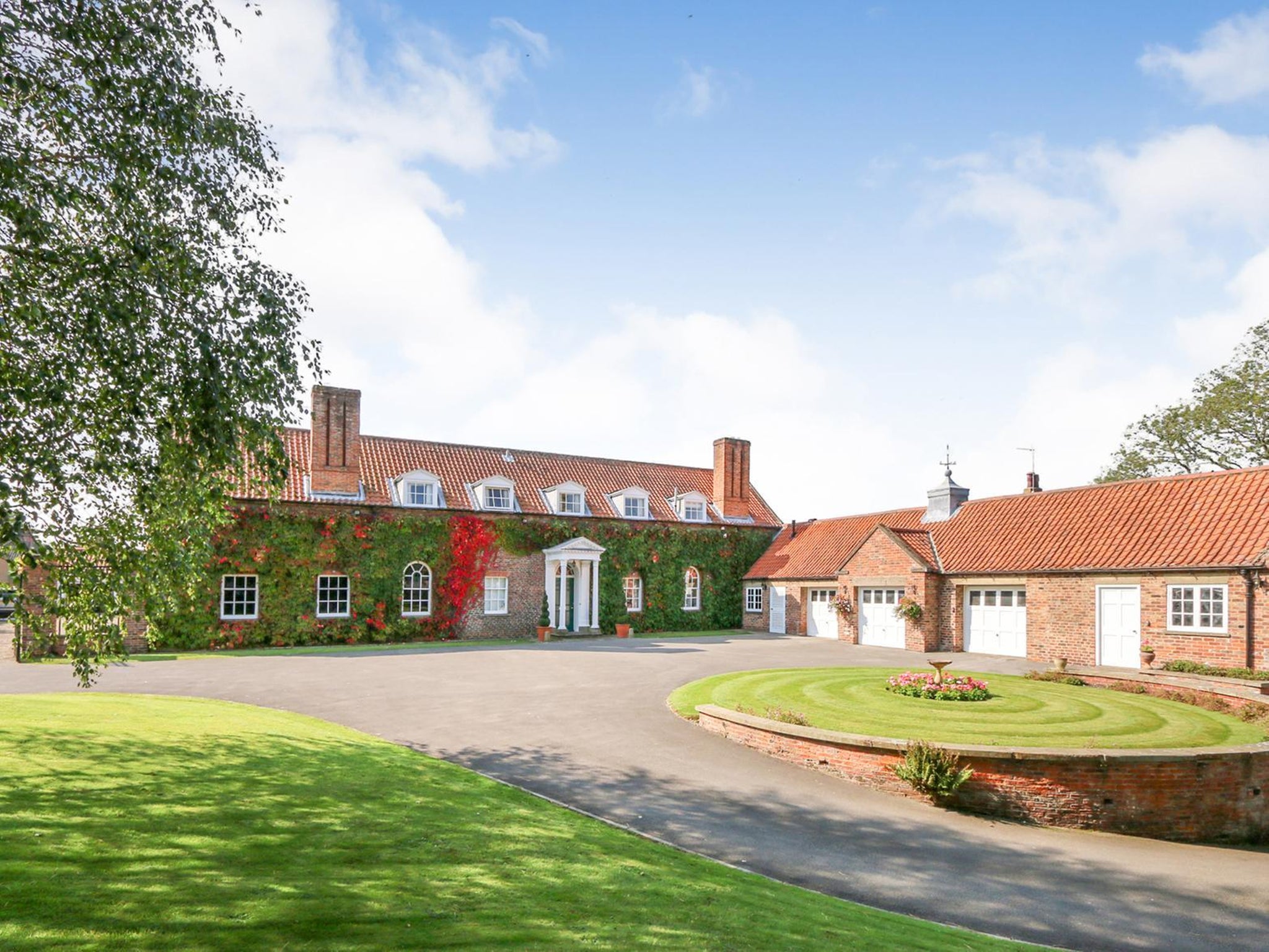Windrush reformers talk to Leeds Trinity University journalism students about life in Chapeltown
Windrush reformers talk to Leeds Trinity University journalism students about life in Chapeltown
Student journalists were invited to help tell the histories of people from Leeds of the Windrush generation for a new exhibition in the city. John Blow learns about the project.
The Windrush generation and its descendants are hailed for making an immeasurable contribution to life in the UK, but its recent history has involved major injustice.
After scandal in 2018 enveloped the Government’s treatment of people who had lived all their lives in Britain, a concerted effort has been made to understand more about and recognise the experiences of people from such communities.
A latest example is a project by Leeds Trinity University, which has collaborated with the Chapeltown-based Unity Homes and Enterprise organisation to create Voices of Windrush, a series of films profiling Windrush reformers and their stories of resilience.
The series includes interviews with influential people in Chapeltown and forms part of an exhibition showcasing the huge contribution that immigration has made to the community, business and social reform.
The Windrush generation – named after the HMT Empire Windrush boat which brought one of the original cohorts to the UK – are those who arrived from Caribbean countries between 1948 and 1973, many of whom took jobs in the growing NHS and other industries affected by Britain’s post-war labour shortage.
But as contributor Sheila Howarth puts it: “Coming to Britain, according to them, the streets were supposed to be paved with gold. And it wasn’t – it was just bricks.”
The exhibition, which launched on Tuesday because June 22 was the date established as Windrush Day in 2018 to recognise the generation as important to British culture and history, will be hosted for the wider public at Unity Business Centre in Chapeltown from July 20 to December 15.
The films were created by Leeds Trinity’s final year journalism students, alongside the University’s MA Journalism cohort and senior professional practice fellow and Broadcast Journalism programme leader Katherine Blair.
Sheila, of Unity Carnival Arts in Leeds, told the filmmakers about how her mother came over from the Caribbean in 1954, and despite being a qualified teacher, could only find work in a factory, while initially living and raising children in a one-bed flat. “It’s all they could’ve got because they thought that Black people were uneducated, and we weren’t in the Caribbean.”
But the community worked to carve out their own identity and experiences in order to feel more at home.
The first Leeds West Indian Carnival took place in 1967 and, for Sheila, it was the first time she really saw other people with the same heritage, she tells viewers. “I realised that it was not just me because the park was full of people, not just people with our colour skin, it was the clothes they were wearing, the smell of the food, the steel pan playing, and I realised, ‘Wow, this is an amazing festival’ and since that day in ‘67 I’ve always taken part in Carnival.”
Claude Hendrickson, a director of the Leeds West Indian Centre, tells the students about his mother coming to England in 1958 before he was born in 1960. He grew up facing racism and poor housing as part of the first generation of children to be born in the UK from the Windrush cohort.
“I suppose we got to a point back then where we were being told ‘Why don’t you go back where you came from?’ But we were born here, so it was a bit of a confusing time, very confusing.”
Claude says that after race riots happened in 1975 and 1981, it became evident that his community needed its own space, and they opened the Leeds West Indian Centre.
But in recent years, these communities have again faced more struggles. The Windrush scandal dominated headlines in 2018 and led to the resignation of then Home Secretary Amber Rudd as it emerged British citizens, mostly from the Caribbean, were wrongly detained, deported or threatened with deportation, despite having the right to live in Britain.
Many lost homes and jobs and were denied access to health care and benefits.
Last month Whitehall’s spending watchdog, the National Audit Office (NAO), concluded the Windrush Compensation Scheme is yet to meet its objective of compensating claimants quickly.
The Home Office said that it had, as of mid-May, paid £14.3m in compensation to 633 people and offered a further £12m. A spokeswoman later said that it is “determined to put right the terrible injustices faced by the Windrush generation by successive governments”.
After the Leeds Trinity students’ journalism training was scaled back during the pandemic, Ms Blair says she “jumped at the offer” of doing the interviews.
“It has been a pleasure to work in the community and bring these stories to the screen.
“Everyone we interviewed had such rich stories to tell. They were so generous with their time and their memories. It was an absolute pleasure to have worked on this and the students are delighted with what they created.”
Martha Sanders, Leeds Trinity MA Journalism student and producer of the series, adds: “Making Voices of Windrush was a hugely enjoyable and inspirational experience. The people we spoke to had so much to say and it was fantastic being part of the team that put the project together. The stories we helped to tell are so important to Leeds as a city and it was a privilege to be asked to produce the show. Making it within a week was an intense process, but we were all proud of the final product. I hope that people who visit the exhibition find the work impactful and that we have done the amazing interviewees justice.”
Other students involved included presenter Tom Heath, Sarah Jewers, Chelsie Sewell, Riccardo Trono, Thomas Wootton and Emily Hartley.
Funding for the exhibition follows a successful bid by Unity Homes and Enterprise to the Government’s annual Windrush Day Grant Scheme, which first launched in 2019. Applicants were invited to devise projects that would bring communities together and create a deeper understanding of the Windrush generation and their contributions to British society.
Cedric Boston, Unity interim chief executive, said: “The Windrush Generation has been pivotal in Unity’s establishment and growth and so much of our success as a community-focused organisation rooted in Chapeltown is down to them.
“Everyone at Unity is looking forward to raising awareness of the challenges the Windrush Generation faced and how they overcame each hurdle with dignity and grace.”
The project is taking place less than a year after Leeds Trinity became the first university in US to receive the Race Equality Charter Bronze award.
The films produced by Leeds Trinity University’s students can be seen the US Voice YouTube channel.










